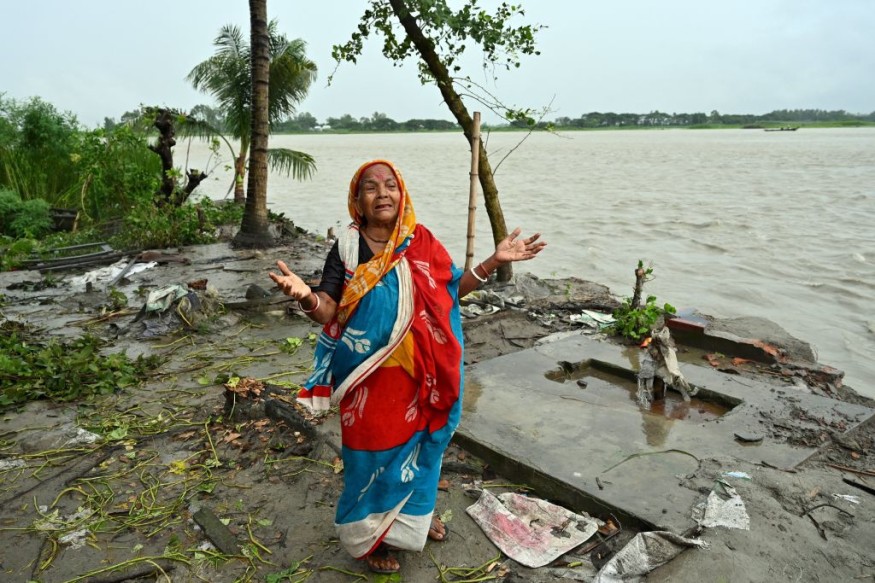
Experts warned that humanity is close to tipping points that will damage the ability to cope with climate disasters.
They noted that these tipping points include the withdrawal of home insurance from flood-hit areas as well as the drying up of the groundwater that is deemed necessary for ensuring food supplies.
Moreover, these also include the loss of the mountain glaciers that are essential for water supplies in many areas of the planet and the accumulating space debris knocking out satellites, which provide early warnings of the occurrence of extreme weather.
A latest report indicated that a risk tipping point is often reached when the systems that people rely on for their lives and societies cannot buffer risks and stop functioning like the public expects it to.
"Today, we are moving close to the brink of multiple risk tipping points. Human actions are behind this rapid and fundamental change to the planet, driving us towards potential catastrophe," the report from the UN University in Germany, said.
Tipping Points
Accelerating extinction is among those considered as tipping points. Experts explained that throughout Earth's history, many species have gone extinct as it has been a part of the evolutionary process that has shaped life on the planet, but often proceeds slowly over thousands to millions of years.
Unfortunately, they noted that through intense human activities such as land use change, overexploitation, climate change, pollution and introduction of invasive species, the planet has put our foot on the extinction accelerator.
Another tipping point is the groundwater depletion. Officials mentioned that 21 out of 37 of the world's major aquifers are being depleted faster than they can be replenished.
They said that the water stored in aquifers often has accumulated over thousands of years and would equally take thousands of years to fully recharge, making it essentially a non-renewable resource.
Due to this phenomenon, the lives and livelihoods are put on the line as the water level drops further and further out of reach.
For mountain glaciers, the risk tipping point is called "peak water," or it is when a glacier produces the maximum volume of water run-off due to melting. After this point, the level of freshwater availability will steadily decline.
Meanwhile, the space debris is also considered as a tipping point. The report stated that as the number of satellites increases, so does the problem of space debris, which poses a threat to both functioning satellites and the future of our orbit.
When it comes to unbearable heat, human-induced climate change has been causing a global rise in temperatures, leading to more frequent and intense heatwaves with severe impacts.
The extreme heat was already responsible for an average of 500,000 excess deaths annually in the last two decades, disproportionately affecting the most vulnerable sector.
On the other hand, the uninsurable future means that as extreme weather events around the world become more frequent and severe, so too has the cost of the damage they inflict.
Different From Climate Tipping Points
Experts explained that the risk tipping points are different from the climate tipping points.
They said that the climate tipping points are large-scale changes driven by human-caused global heating.
On the other hand, the risk tipping points are more directly connected to people's lives through the complex social and ecological systems.
Related Article : Environment Tipping Points Fast Approaching in UK, Says Watchdog
Related Video:
© 2025 NatureWorldNews.com All rights reserved. Do not reproduce without permission.





